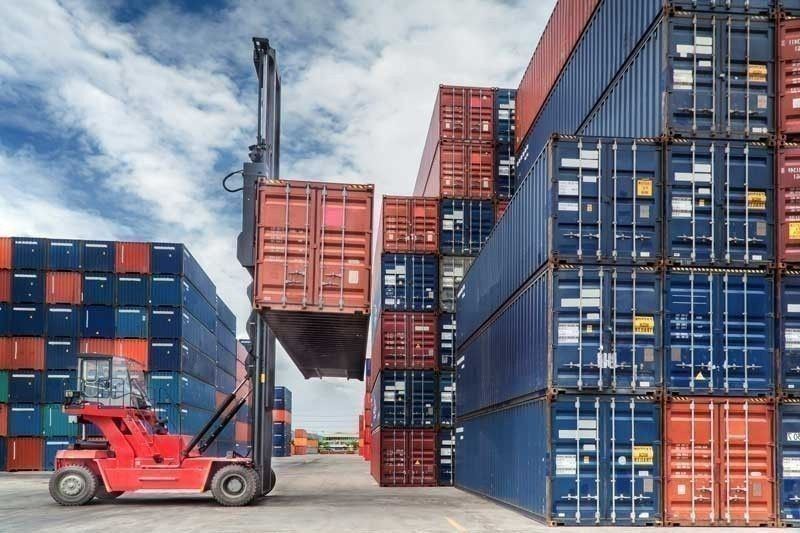Tough year ahead for logistics as world deals with Trump 2.0

MANILA, Philippines — The Philippine logistics industry is sailing into challenging waters this year as it has to deal with another wave of global uncertainty with the return of known protectionist Donald Trump as US president.
But for state-run regulator Philippine Ports Authority (PPA), the country can withstand the logistics impact of new tariffs that Trump may impose in his new term.
PPA general manager Jay Santiago said the industry is riding high from its performance last year, when the agency raised a record P27.3-billion revenue on the growth of shipping activities.
The PPA pulled off its historic revenue partly because of the 17 percent spike in wharfage dues, reflecting the increase in exports and imports. In addition, the agency handed over a number of ports to the private sector, signaling business confidence in logistics.
As such, Santiago believes the industry can overcome this new wave of trade uncertainty coming from the US.
On his first day in office, Trump announced plans to impose new tariffs in February, beginning with a 10 percent strike on Chinese and Mexican goods.
“I don’t think there will be any material impact on our trading position on account of the change in the US government, and besides, our export volume to the US is negligible,” Santiago told The STAR.
However, Rizal Commercial Banking Corp. chief economist Michael Ricafort said logistics may take one of the worst hits if Trump proceeds with a redux of the US trade war with China.
“Slower global trade amid risk of trade wars and Trump’s protectionist policies could slow down external trade, in terms of reduced exports and imports, and thereby could lead to slower demand for logistical requirements,” Ricafort told The STAR.
Based on data from the Philippine Statistics Authority, the United States remains the Philippines’ top export market. From January to November 2024, the country shipped $11.17 billion worth of goods to the US, accounting for 17 percent of all exports.
Ricafort also said logistics may suffer from a demand slowdown if the economy keeps missing out on its growth target. Finance Secretary Ralph Recto has conceded that the Philippines may have failed to hit even the lower end of its growth target last year.
The objective was to expand the economy between six and seven percent in 2024, but at the end of the third quarter, growth averaged only 5.8 percent.
“A slowdown in global economic growth could also weigh on some logistics businesses globally and locally, [it is] a potential headwind,” Ricafort said.
To mitigate the impact of these risks, logistics giant DP World said the public and private sectors have to focus efforts on improving the supply chain in the Philippines this year.
DP World CEO and managing director for Asia and the Pacific Glen Hilton said reducing friction costs would be crucial for logistics in uncertain times like this. Citing data from the World Bank, Hilton noted that the logistics costs in the country account for 27 percent of sales, the highest in Southeast Asia.
“The introduction of digital tracking systems and smart logistics tools will reduce the operational bottlenecks, minimize delays and optimize resource management. These innovations will create faster turnaround times and lower transport costs, both inland and through international shipping routes,” Hilton told The STAR.
As external risks abound, Hilton also pushed for the development of the domestic supply chain to offset the impact of global uncertainties.
DP World is the largest shareholder in Asian Terminals Inc., which operates a number of ports in the Philippines, including the Manila South Harbor, Batangas Container Terminal and the Tanza Barge Terminal.
“Enhancing domestic supply chain infrastructure remains particularly important for the country, where approximately 98 percent of inter-island trade and 40 million local and foreign passengers are transported by sea,” Hilton said.
- Latest
- Trending






























